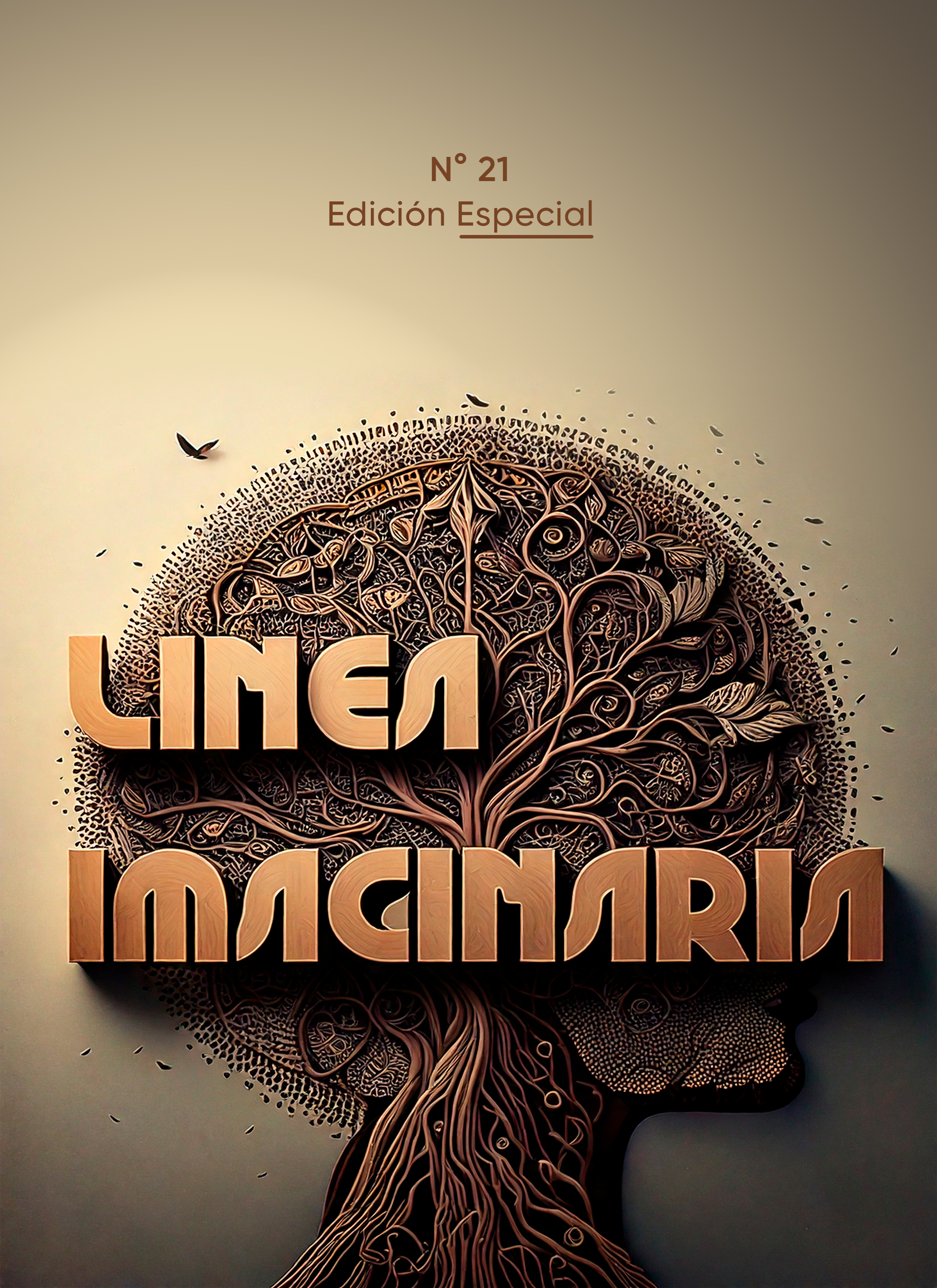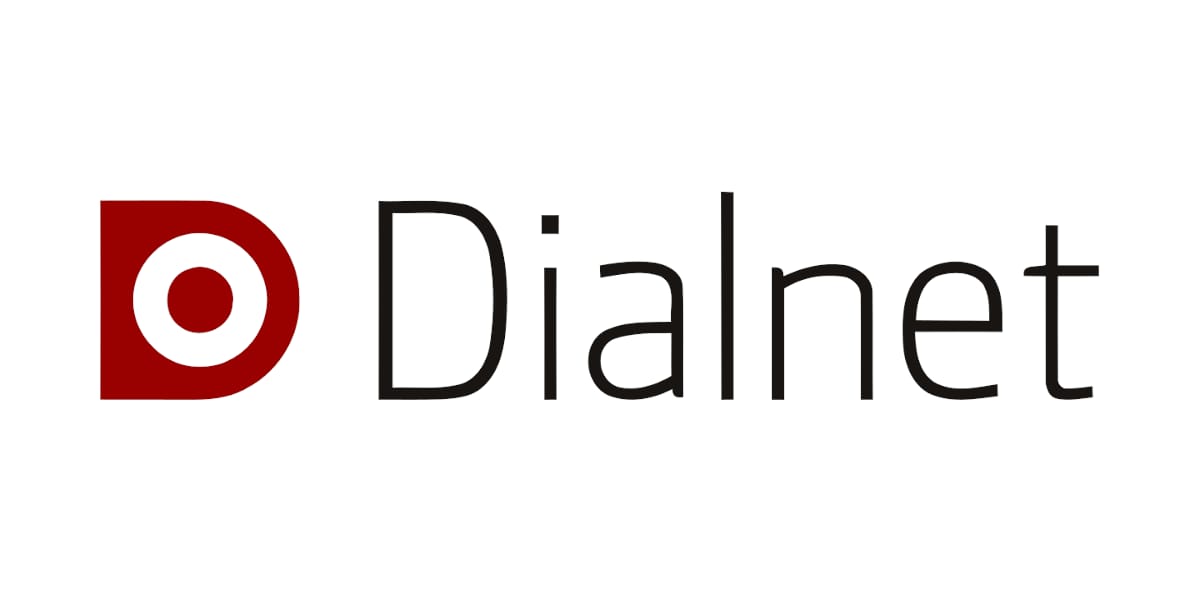ALFABETIZACIÓN EN INTELIGENCIA ARTIFICIAL PARA APOYAR LA INVESTIGACIÓN CIENTÍFICA
Keywords:
Artificial intelligence literacy, Higher Education, Artificial Intelligence Ethics, Artificial intelligence, Scientific ResearchAbstract
Artificial intelligence (AI) literacy has become an essential requirement for professionals across all disciplines. In this context, this systematic review research analyzes the concept of "artificial intelligence literacy" in the realm of scientific research, addressing two key questions: how is this term defined, and what are the essential knowledge areas for its implementation? Using the PRISMA protocol, 21 articles were selected and analyzed with AI-based tools such as Rayyan and Chatpdf. The results show that 67% of authors define AI literacy as a capacity, 24% as a competence, and 9% as a skill, highlighting its relevance for understanding, critically evaluating, and utilizing AI technologies in scientific contexts. Additionally, 71% of the studies emphasize the ethical dimension, addressing aspects such as ethical and social implications (24%), the development of ethical attitudes (14%), and the application of ethical principles (10%). Regarding knowledge areas, 90% of the studies underscore ethical considerations, 86% highlight the understanding of AI fundamentals, and 43% emphasize practical applications of AI in research. Key competencies such as critical thinking (38%) and collaboration (38%) were also identified. AI tools, including ChatGPT and Copilot for academic writing, Chatpdf and Chatdoc for literature analysis, and Litmaps and Semantic Scholar for citation mapping, were recognized as valuable resources. The findings underline the need for comprehensive AI literacy that integrates technical and ethical skills, fostering more efficient, critical, and responsible research. This study provides a conceptual and practical foundation for designing educational strategies that enhance AI literacy in academic and scientific domains.
Downloads
References
Almatrafi, O., Johri, A., & Lee, H. (2024). A Systematic Review of AI Literacy Conceptualization, Constructs, and Implementation and Assessment Efforts (2019-2023). Computers and Education Open, 6, 100173. https://doi.org/10.1016/j.caeo.2024.100173
Biagini, G., Cuomo, S., & Ranieri, M. (2023). Developing and Validating a Multidimensional AI Literacy Questionnaire: Operationalizing AI Literacy for Higher Education. AIxEDU@AI*IA,. 1-15.
Carolus, A., Koch, M.J., Straka, S., Latoschik, M.E., & Wienrich, C. (2023). MAILS - Meta AI Literacy Scale: Development and Testing of an AI Literacy Questionnaire Based on Well-Founded Competency Models and Psychological Change- and Meta-Competencies. Computers in Human Behavior: Artificial Humans, 1(2), 100014. https://doi.org/10.1016/j.chbah.2023.100014
Celik, I. (2023). Exploring the Determinants of Artificial Intelligence (AI) Literacy: Digital Divide, Computational Thinking, Cognitive Absorption. Telematics and Informatics, 83, 102026. https://doi.org/10.1016/j.tele.2023.102026
Černý, M. (2024). University Students’ Conceptualisation of AI Literacy: Theory and Empirical Evidence. Social Sciences, 13(3), 129. https://doi.org/10.3390/socsci13030129
Chiu, T. K. (2024). Future research recommendations for transforming higher education with generative AI. Computers and Education: Artificial Intelligence, 6, 100197. https://doi.org/10.1016/j.caeai.2023.100197
Chiu, T.K., Ahmad, Z., Ismailov, M., & Sanusi, I.T. (2024). What are artificial intelligence literacy and competency? A comprehensive framework to support them. Computers and Education Open, 6, 100171. https://doi.org/10.1016/j.caeo.2024.100171
Faruqe, F., Watkins, R., & Medsker, L.R. (2021). Competency Model Approach to AI Literacy: Research-based Path from Initial Framework to Model. Advances in Artificial Intelligence and Machine Learning; Research. 2(4), 580-587.
Hagendorff, T. (2020). The Ethics of AI Ethics: An Evaluation of Guidelines. Minds and Machines, 30, 99-120.
Knoth, N., Decker, M., Laupichler, M.C., Pinski, M., Buchholtz, N., Bata, K., & Schultz, B. (2024). Developing a Holistic AI Literacy Assessment Matrix - Bridging Generic, Domain-Specific, and Ethical Competencies. Computers and Education Open, 6, 100177. https://doi.org/10.1016/j.caeo.2024.100177
Kong, S., Cheung, M. W., & Tsang, O. (2024). Developing an artificial intelligence literacy framework: Evaluation of a literacy course for senior secondary students using a project-based learning approach. Computers and Education: Artificial Intelligence, 6, 100214. https://doi.org/10.1016/j.caeai.2024.100214
Kong, S.C., Cheung, W. M., & Zhang, G. (2022). Evaluating artificial intelligence literacy courses for fostering conceptual learning, literacy and empowerment in university students: Refocusing to conceptual building. Computers in Human Behavior Reports, 7, 100223. https://doi.org/10.1016/j.chbr.2022.100223
Laupichler, M. C., Aster, A., Haverkamp, N., & Raupach, T. (2023). Development of the “scale for the assessment of non-experts’ AI literacy” – An exploratory factor analysis. Computers in Human Behavior Reports, 12, 100338. https://doi.org/10.1016/j.chbr.2023.100338
Laupichler, M.C., Aster, A., Schirch, J., & Raupach, T. (2022). Artificial intelligence literacy in higher and adult education: A scoping literature review. Computers and Education: Artificial Intelligence, 3, 100101. https://doi.org/10.1016/j.caeai.2022.100101
Long, D., & Magerko, B. (2020). What is AI Literacy? Competencies and Design Considerations. Proceedings of the 2020 CHI Conference on Human Factors in Computing Systems, 1-16. https://doi.org/10.1145/3313831.3376727
Ng, D.T., Leung, J.K., Chu, S.K., & Qiao, M.S. (2021). Conceptualizing AI literacy: An exploratory review. Computers and Education: Artificial Intelligence, 2, 100041. https://doi.org/10.1016/j.caeai.2021.100041
Pinski, M., & Benlian, A. (2023). AI Literacy - Towards Measuring Human Competency in Artificial Intelligence. 56th Hawaii International Conference on System Sciences, 165-174.
Song, Y., Weisberg, L.R., Zhang, S., Tian, X., Boyer, K.E., & Israel, M. (2024). A framework for inclusive AI learning design for diverse learners. Computers and Education: Artificial Intelligence, 6, 100212. https://doi.org/10.1016/j.caeai.2024.100212
Southworth, J.R., Migliaccio, K., Glover, J., Glover, J.M., Reed, D., McCarty, C., Brendemuhl, J.H., & Thomas, A.O. (2023). Developing a model for AI Across the curriculum: Transforming the higher education landscape via innovation in AI literacy. Computers and Education: Artificial Intelligence, 4, 100127. https://doi.org/10.1016/j.caeai.2023.100127
Sperling, K., Stenberg, C., McGrath, C., Åkerfeldt, A., Heintz, F., & Stenliden, L. (2024). In search of artificial intelligence (AI) literacy in Teacher Education: A scoping review. Computers and Education Open, 6, 100169. https://doi.org/10.1016/j.caeo.2024.100169
Steinbauer, G., Kandlhofer, M., Chklovski, T., Heintz, F., & Koenig, S. (2021). A Differentiated Discussion About AI Education K-12. Kunstliche Intelligenz, 35, 131 - 137.
Stolpe, K., & Hallström, J. (2024). Artificial Intelligence Literacy for Technology Education. Computers and Education Open, 6, 100159. https://doi.org/10.1016/j.caeo.2024.100159
Wilton, L., Ip, S., Sharma, M., & Fan, F. (2022). Where Is the AI? AI Literacy for Educators. In: M. M. Rodrigo, N. Matsuda, A. I. Cristea, & V. Dimitrova (eds), Artificial Intelligence in Education. Posters and Late Breaking Results, Workshops and Tutorials, Industry and Innovation Tracks, Practitioners’ and Doctoral Consortium. AIED 2022. Lecture Notes in Computer Science (vol. 13356, pp. 180-188). Springer. https://doi.org/10.1007/978-3-031-11647-6_31
Downloads
Published
How to Cite
Issue
Section
License
Copyright (c) 2025 LÍNEA IMAGINARIA

This work is licensed under a Creative Commons Attribution-NonCommercial-ShareAlike 4.0 International License.
La revista Línea Imaginaria conserva los derechos patrimoniales (copyright) de las obras publicadas, que favorece y permite la reutilización de los mismos bajo la licencia Creative Commons Atribución-NoComercial-CompartirIgual 4.0 , por lo cual se pueden copiar, usar, difundir, transmitir y exponer públicamente, siempre que se cite la autoría y fuente original de su publicación (revista, editorial, URL y DOI de la obra), no se usen para fines comerciales u onerosos y se mencione la existencia y especificaciones de esta licencia de uso. Si remezcla, transforma o crea a partir del material, debe distribuir su contribución bajo la misma licencia del original.














